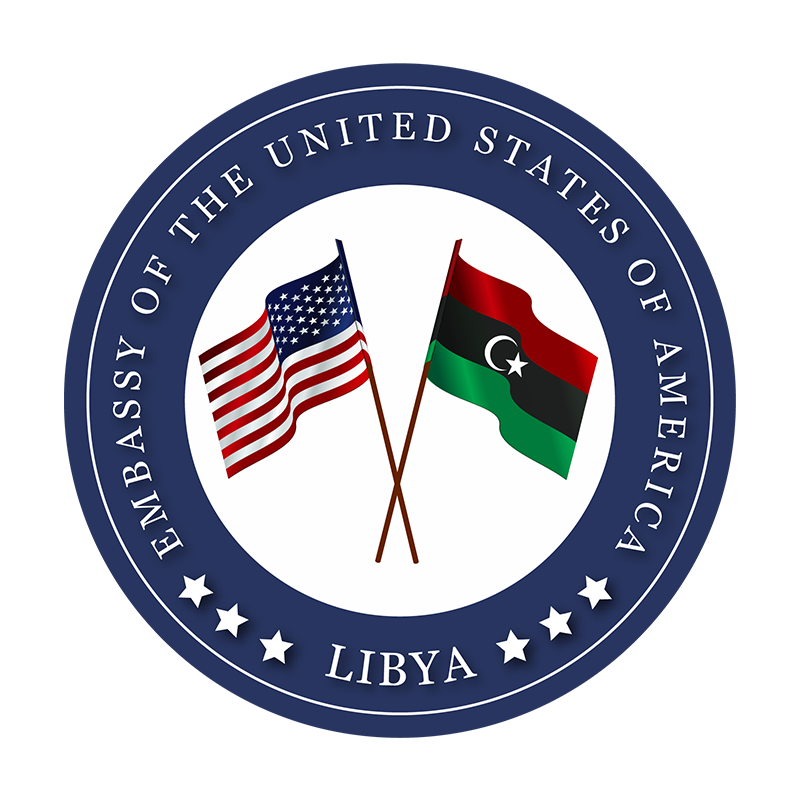Speaking exclusively to Libya Herald, he Undersecretary of the Ministry of Economy and Trade for Commercial Affairs, Suhail Boushiha, said that the total number of foreign companies that entered Libya and requested work permits reached 182 companies. Those entering the Libyan market for the first time were 44 companies, while 58 companies applied for renewal of their work permits.
The companies span several specializations, including 35 companies in oil and gas, 37 companies in contracting, including 16 companies specialized in electricity and 7 companies in the fields of communications and information technology.
The Undersecretary indicated that these companies are from several countries, led by Turkey, then Egypt, Germany, America, Italy, Tunisia, Britain, and France.
Security and stability encouraging foreign companies to return
Boushiha told Libya Herald that the return of foreign companies from these countries comes as a result of the state of security and stability throughout the country and the promises made by the Abd Alhamid Aldabaiba Tripoli-based government, knowing that these companies operate in all the country – east, west and south – without distinction between one city and another. He said there is cooperation between all state institutions in all regions to enable these companies to resume their work and existing projects.
Procedure for registering or restating projects
With regards to procedures for entering Libya or restarting projects, Boushiha said the Companies Office in the Ministry of Economy is the legally authorized authority to register foreign companies wishing to work inside Libya according to the procedures and controls regulating that. This must be within certain conditions, including that it has a contractual relationship with a Libyan party or a partnership with a Libyan company, or it has existing projects inside Libya that it wishes to complete and resume work on – after it has agreed with the Libyan state.
Law No. 9 of 2010 offers exemptions
With regard to granting exemptions to encourage the return of foreign companies, the Undersecretary said the Foreign Companies Registration Office only plays the role of legalizing the presence of foreign companies inside Libya in order to guarantee them their rights and the rights of the Libyan state.
As for the exemptions, there is a special law to encourage foreign capital, which is Law No. 9 of 2010. The Privatization and Investment Board (PIB) is the entity in charge of investment law exemptions and privileges granted to foreign companies wishing to invest their money in partnership with a Libyan partner under Law No. 9. He said there are several experiences of foreign companies in this regard.
Returning companies to complete stalled projects
With regards to foreign companies returning to complete their stalled projects, Boushiha said the most prominent problem had been the state of instability that prevailed, but that at the present time there is a good atmosphere of calm that encourages the return of foreign companies to return again to work inside Libya, either to implement and invest in new businesses or to resume previous projects that were suspended during the past years.
Boushiha added that the Libyan state, in accordance with the laws related to the work of foreign companies and foreign partners in various activities, grants legal and financial pledges and guarantees to work in Libya, including bank letters of guarantee and legal clauses related to commercial arbitration.
The Libyan state also obtains good guarantees from these companies in order to complete their work inside Libya.
Libya’s debts to foreign companies
Regarding Libya’s outstanding debts to foreign companies, and whether previously existing obligations on Libya were paid in favour of these companies, Boushiha said these debts were due to the state of force majeure that the country went through which is governed by certain legal rules that guarantee the rights of both parties.
Nevertheless, he stressed, Libya is willing to solve this problem in a way that guarantees the completion of projects on the one hand and achieves the interests of all parties on the other hand, and this is what has actually happened with several companies that returned to work again in Libya in several sectors.









